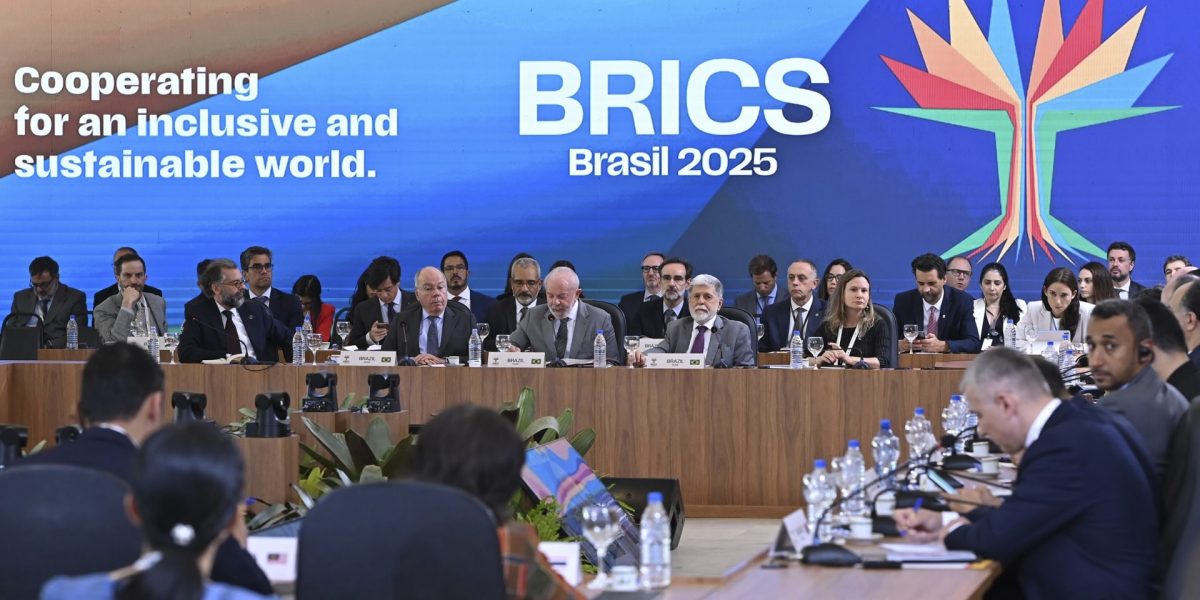Policymakers and academics face a persistent puzzle when analysing the BRICS in determining what exactly this grouping wants to achieve. The uncertainty stems from contradictory signals. BRICS countries simultaneously call for reforming global institutions while building parallel alternatives; champion multilateralism while actively coordinating positions that challenge Western (especially US) multilateral leadership; and advocate for inclusive governance while often excluding traditional powers from their arrangements.
These contradictions have intensified following the expansion of the BRICS from its original five members – Brazil, Russia, India, China and (later) South Africa – to 10 countries by early 2025, encompassing nearly half of the global GDP and population. The enlarged grouping now includes Egypt, Ethiopia, Iran, the United Arab Emirates and Indonesia, arguably representing an attempt to recalibrate global governance rather than merely expanding a club. Saudi Arabia has neither officially joined nor officially withdrawn.
This webinar, with several authors published in the special issue of the South African Journal of International Affairs on ‘The BRICS expanded: Shaped by – or shaping – the global order?’, explored this central question: does this expanded grouping represent a reactive formation seeking accommodation within existing structures or a proactive force reshaping the global order? This is especially pertinent as the US seemingly turns its back on multilateralism.
Speakers
- Prof. Carlos Frederico Coelho, International Relations Institute, Pontifical Catholic University
- Dr. Cliff Mboya, Postdoctoral Researcher, Centre for Africa-China Studies, University of Johannesburg
- Dr. Lauren A. Johnston, Associate Professor, China Studies Centre, Sydney University
- Steven Gruzd, Head, African Governance and Diplomacy Programme, SAIIA
- Gustavo de Carvalho, Senior Researcher, African Governance and Diplomacy Programme, SAIIA
- Yu-Shan Wu, Research Fellow, University of Pretoria
- Martha Bridgman, Editor, South African Journal of International Affairs
Watch the recording:


